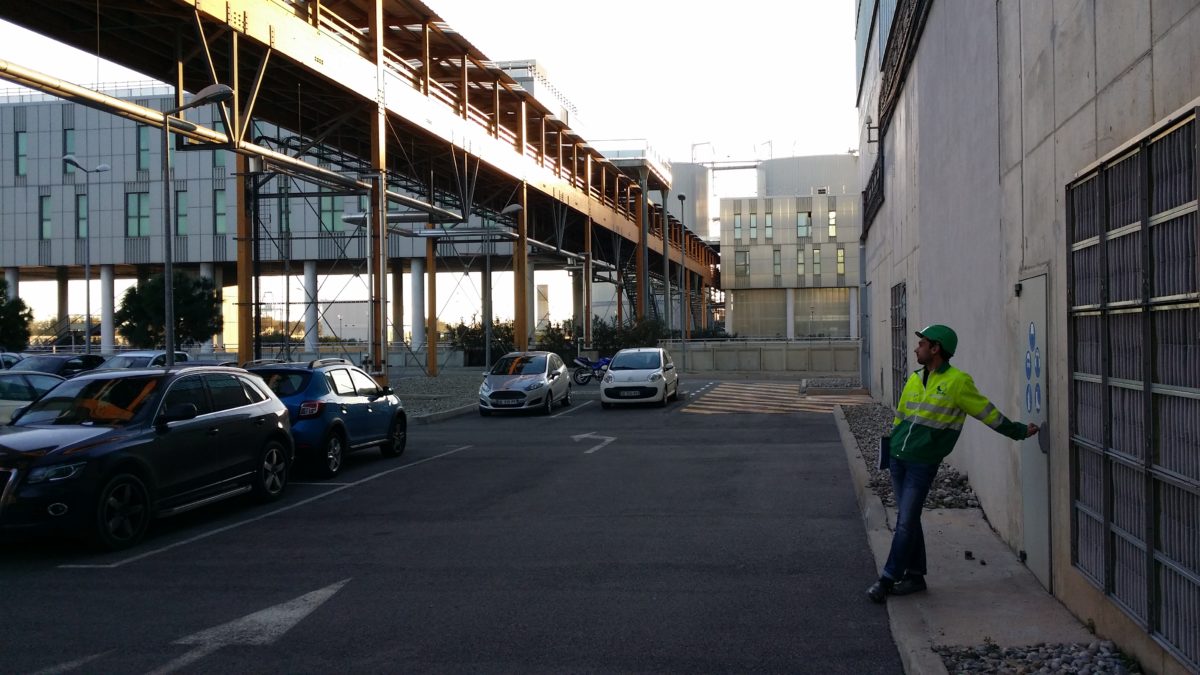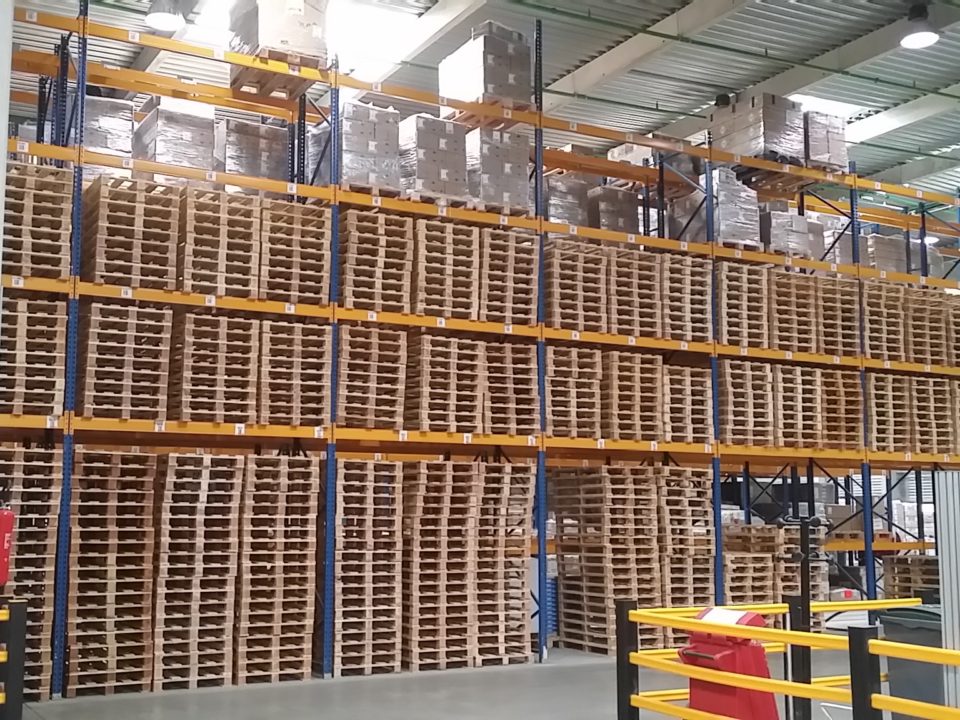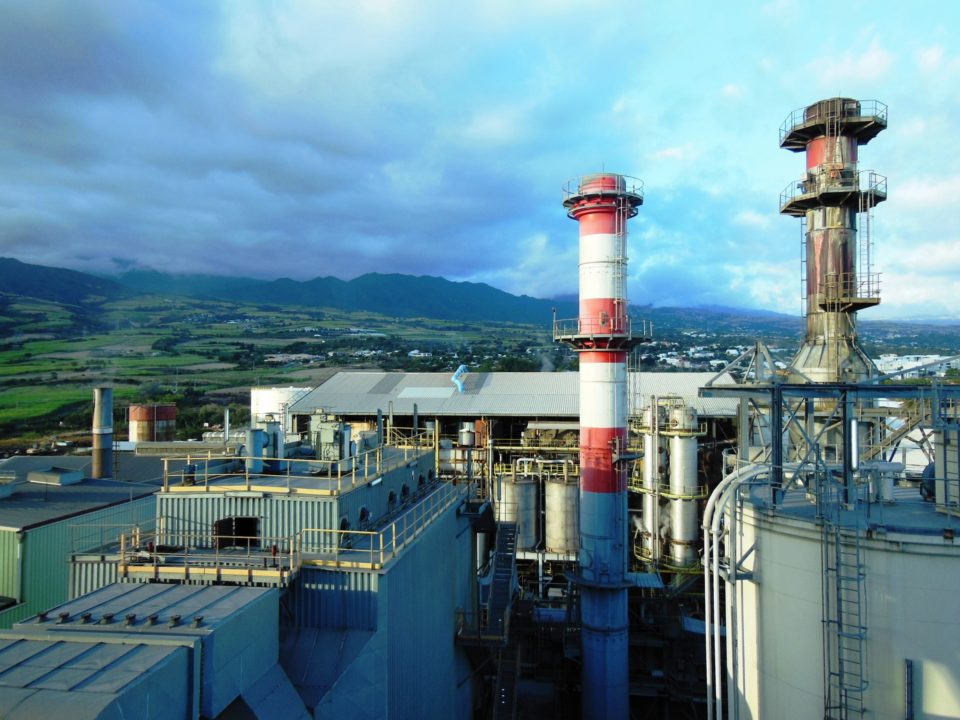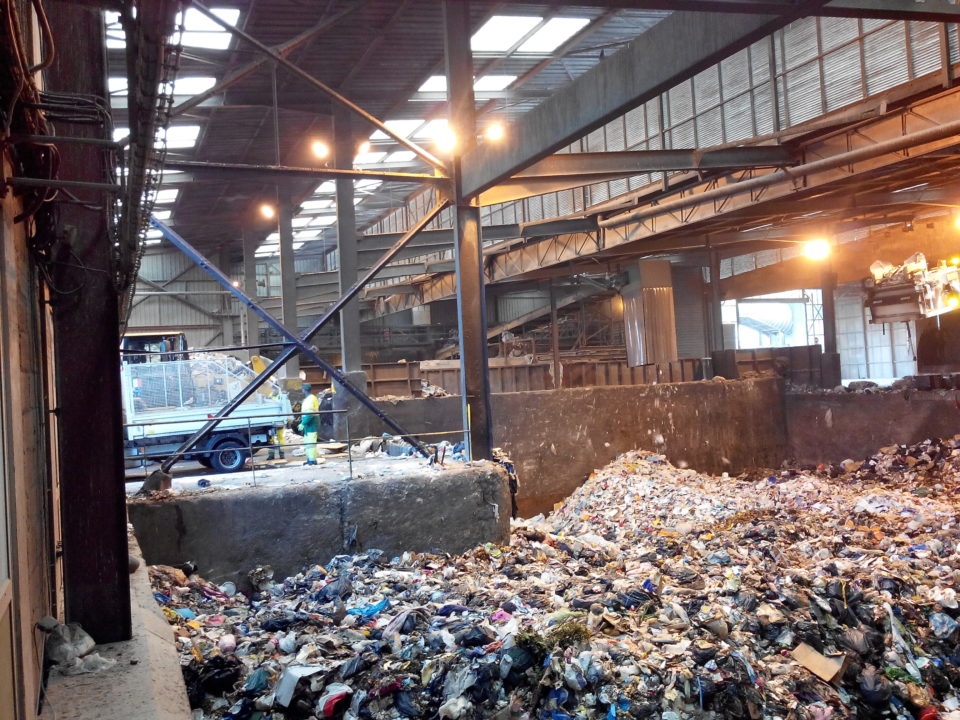
Fire safety advice upstream of a construction project
20 November 2017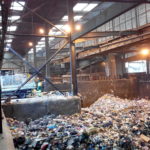
The importance of fire issues in waste treatment
25 June 2020The FSS coordinator in an industrial environment uses the 62-931 standard and others, which complicates his/her task and even calls their role into question. In fact, there are many obstacles in his/her path.
- The legal obstacle: in order to operate a professional must be insured, except insurance policies exclude by default structures of an exceptional and/or unusual nature. This excludes the majority of industrial installations. The professional must therefore request a (paid) exemption from its insurer.
- The regulatory obstacle: standards are poorly adapted to the realities of industry. Here are two examples that illustrate this:
- Fire detection is designed in compliance with regulations for environmental detection and not for detection focused on an object at risk.
- Furthermore, some detection equipment that is relevant for certain risks is not recognised by FSS standards, such as the thermal imaging camera. As such, the coordinator cannot accept it.
- The cultural obstacle: the standard does not require acceptance testing with a flame generator. It is essential to confirm the effectiveness of the detection at the same time as the correct implementation of the safety scenarios through testing.
More fundamentally, the role of FSS coordinator is to check compliance with the standard, not the relevance of the technical choices made. However, industrial companies expect their systems to be as effective as possible, even if this means deviating from a standard which they are not necessarily subject to. An expert appraisal is then expected of:
- fire safety
- detection technology
- automatic extinguishing
- sprinkler system
- smoke extraction
A distinction must be made between an FSS coordination service and a comprehensive fire safety expert appraisal which includes a consulting service.
Note that insurer benchmarks (APSAD – NFPA – FM Global) are designed specifically for the industrial environment. It seems to us more relevant to assess compliance to the R7 benchmark of APSAD than NF S 61-931.



